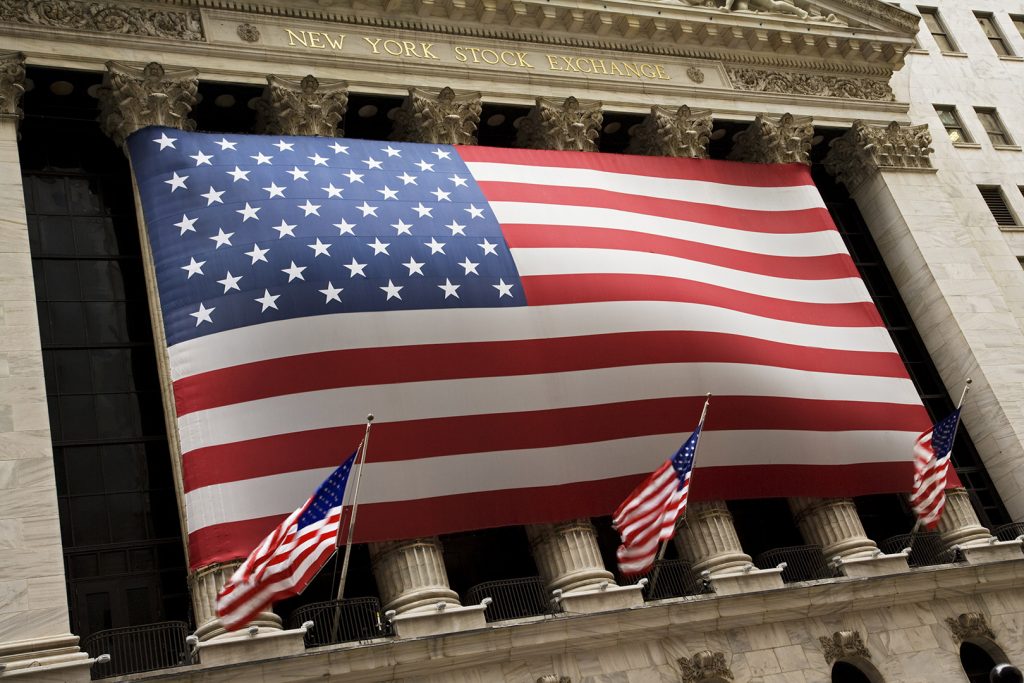
As many Americans look forward to a new year and a new political environment in Washington D.C., it’s worth taking one final look back at the year that was. Specifically, 2018 was a year when our biggest, wealthiest corporations seemed to feel free to engage in a staggering range of misconduct and misbehavior.
Corporations have never exactly been reliable, virtuous citizens. But 2018 seemed to represent the culmination of decades of trends in both the private and public sector, trends which have resulted in huge industries feeling completely immune from accountability for their actions.
The American Association for Justice has put together a lengthy report on the worst of corporate misconduct in 2018, and while the report can be depressing, it provides a clear sense of just how high the stakes really are in the political battles over regulation and the unfettered free market.
Here are a few of the organizations AAJ identified as especially worthy of criticism for their actions in 2018:
Navient
With Americans staggering under more than a trillion dollars in student loan debt, Navient, one of the largest student loan servicers in the country, exercises a lot of control over the lives of millions of Americans. And they have not used that control in positive ways.
According to AAJ, Navient spent 2018:
- Pushing borrowers into more expensive re-payment options
- Labeling many disabled borrowers – including veterans – as “in default”
- Pursuing re-payment from the families of borrowers who had recently died
That, of course, is far from an exhaustive list.
At every step along the way, Navient has been aided and abetted by the Trump Administration, especially by Mick Mulvaney, acting director of the Consumer Financial Protection Bureau. The CFPB under Mulvaney has declined to practice any active oversight of the student loan industry, and the Department of Education has even moved to make it harder to borrowers who were defrauded by for-profit colleges to pursue loan forgiveness.
Oil Companies
While some private sector companies have stepped up to address the effects of climate change, oil companies – AAJ names BP, Chevron, ConocoPhillips, ExxonMobil and Royal Dutch Shell – have continued to behave in ways that endanger humanity.
State and county governments across the country are suing big oil companies for their role in exacerbating climate change, which is already devastating huge swathes of the nation. And as AAJ pointed out in its report, Shell was aware of the effects of climate change – and of the role fossil fuels played in it – as far back as the 80’s, a fact revealed in recently released memos from the time.
General Motors and Takata
The scandal over Takata-manufactured airbags is one of the most frightening defective products cases in recent memory. The idea of an airbag spraying shrapnel on passengers after an accident is genuinely terrifying.
That scandal has already driven Takata into bankruptcy. But as AAJ points out, General Motors bears substantial responsibility for the deaths and injuries resulting from these defective airbags.
A lawsuit against GM alleges that the company knew of the risks from Takata airbags in the 90’s. However, the company is still fighting to fend off a recall, claiming that the airbags are “not likely to pose an unreasonable risk to safety.”
Dangerous Takata airbags have been installed in dozens of different makes and models. But GM has been unique in its stubborn refusal to accept responsibility.
Theranos
Finally we come to Theranos, the Silicon Valley darling turned cautionary tale. Run by Elizabeth Holmes, a Stanford drop-out who captured the imagination of the tech industry and press, Theranos claimed to possess extraordinary technology that could conduct blood tests using only a simple drop of blood and charging less than $3.
It was a lie. Theranos never got its technology to work and falsified results when it wasn’t using boring, traditional blood testing equipment to perform the necessary tests.
Persistent, penetrating journalism by The Wall Street Journal uncovered Theranos’ malfeasance, and the government forced the company to shut down its centers after they failed inspections. Holmes has been indicted in federal court on charges of wire fraud and conspiracy to commit wire fraud.
Theranos shut down in September.
What these stories – which certainly do not constitute an exhaustive chronicle of American corporate misconduct in the year 2018 – make clear is that, if left unchecked, industries with unlimited power and wealth can run roughshod over the lives of ordinary Americans. There is no substitute for an active, vigorous governmental regulatory state when it comes to holding these corporations in check.



Leave a Comment